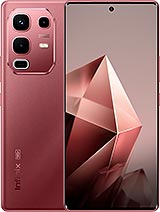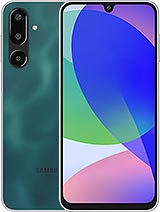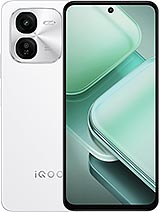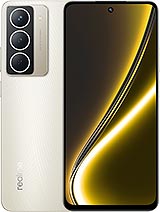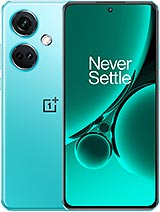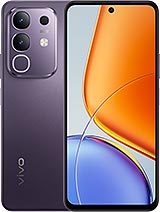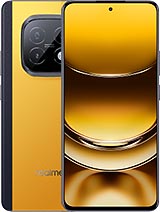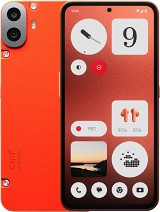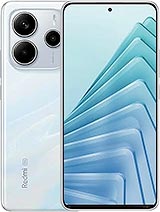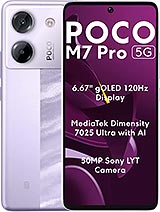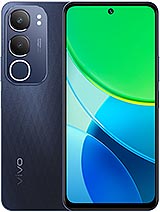iQOO Z9s alternatives
Tap above to see alternatives.
Vivo Y29 alternatives
Tap above to see alternatives.
4x2.5 GHz Cortex-A78
4x2.0 GHz Cortex-A55
2x2.4 GHz Cortex-A76
6x2.0 GHz Cortex-A55
8GB 256GB (UFS 2.2)
12GB 256GB (UFS 2.2)
6GB 128GB (eMMC 5.1)
8GB 128GB (eMMC 5.1)
8GB 256GB (eMMC 5.1)
f/1.8, (wide), 1/1.95", 0.8µm, PDAF, OIS
2 MP
f/2.4, (depth)
f/1.8, (wide), 1/1.95", 0.8µm, PDAF
0.08 MP
f/3.0
1080p
f/2.5, (wide), 1/3.0", 1.0µm
f/2.0, (wide)
SIM1: Nano, SIM2: Nano
SIM1: Nano, SIM2: Nano
FDD: N1, N3, N5, N8, N28
TDD: N40, N77, N78
FDD: N1, N3, N5, N8, N28
TDD: N40, N77, N78
FDD: N1, N3, N5, N8, N28
TDD: N40, N77, N78
FDD: N1, N3, N5, N8, N28
TDD: N40, N77, N78
In this comparison, the iQOO Z9s with the Mediatek Dimensity 7300 (4nm) performs better than the Vivo Y29 with the Mediatek Dimensity 6300 (6nm), thanks to its more efficient chipset.
The iQOO Z9s offers 2 years of OS updates, while the Vivo Y29 provides 1 years. These phones will receive the same duration of security updates.
iQOO Z9s has a superior AMOLED display, while Vivo Y29 uses an LCD panel. They have the same 120 Hz refresh rate. iQOO Z9s also has a brighter display with 1800 nits, improving outdoor visibility. Notably, iQOO Z9s has a higher resolution display, resulting in sharper visuals.
Both phones have the same 5500 mAh battery capacity. They support 44W wired charging.
Both phones have the same IP64 rating for water and dust resistance.

